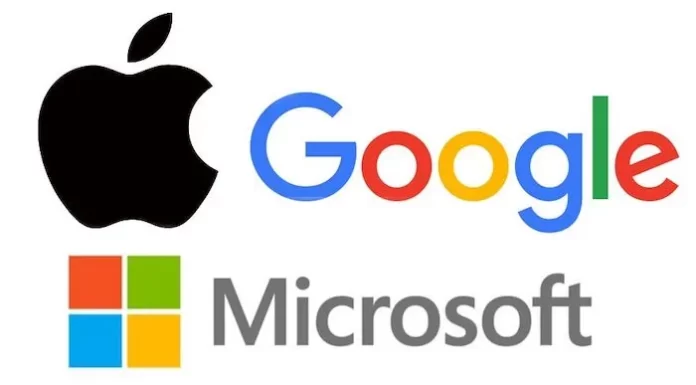
Apple, Google and Microsoft have joined forces to expand support for passwordless logins across mobile, desktop and browsers, in a rare display of alliance.
The tech giants announced last week that they are expanding support for a password-free sign-in standard from the FIDO Alliance and the World Wide Web Consortium, meaning that you’ll soon be able to use your smartphone to sign in to an app or website on a nearby device, regardless of the operating system or browser you’re using. You’ll use the same action that you take multiple times each day to unlock your smartphones, such as with a verification of your fingerprint, face scan or a device PIN.
Kurt Knight, senior director of platform product marketing at Apple said, “Just as we design our products to be intuitive and capable, we also design them to be private and secure.” According to Knight, the new technology will be much safer.
“Working with the industry to establish new, more secure sign-in methods that offer better protection and eliminate the vulnerabilities of passwords is central to our commitment to building products that offer maximum security and a transparent user experience — all with the goal of keeping users’ personal information safe.” He said.
The technology uses a cryptographic token called a passkey that is shared between the phone and the website. It’s a combination of simplicity and security. Once it comes into effect, you will no longer need to memorize so many passwords or be at risk of repeating the same password across multiple platforms.
Vasu Jakkal, Microsoft’s Vice President For Security, Compliance, Identity, And Privacy elaborates on the ease of use that this tech will offer. “With passkeys on your mobile device, you’re able to sign in to an app or service on nearly any device, regardless of the platform or browser the device is running.” She said, “For example, users can sign in on a Google Chrome browser that’s running on Microsoft Windows—using a passkey on an Apple device.”
The companies said the new sign-in capabilities would be in use starting next year, with more details on the way forward is expected in the coming months.




